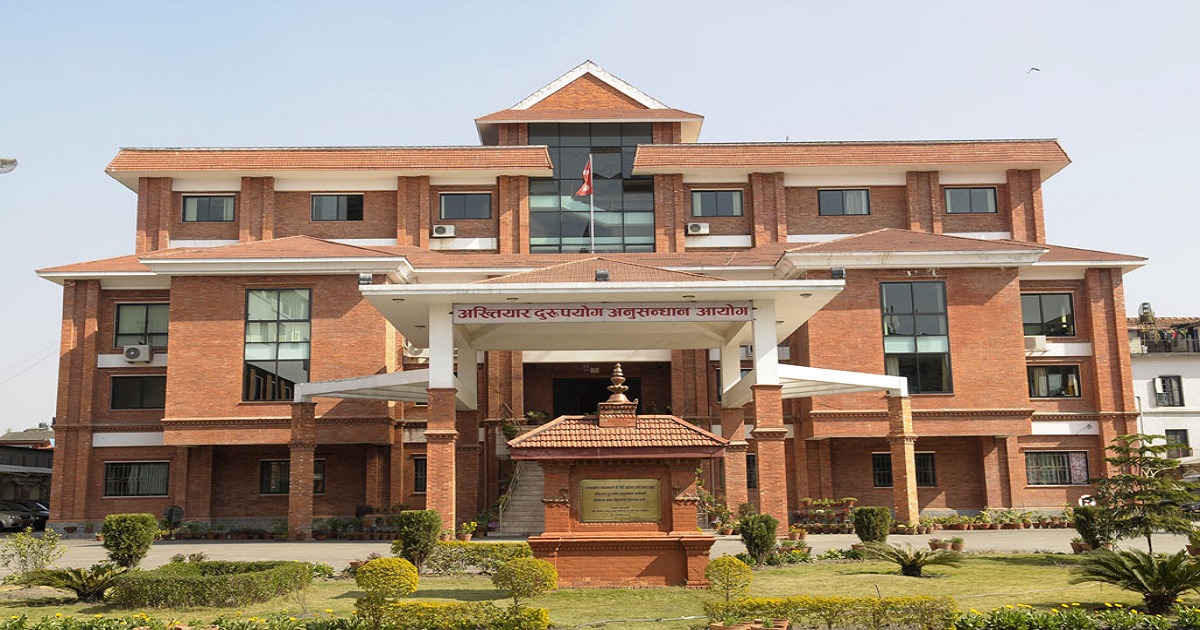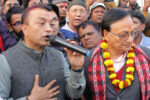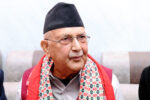KATHMANDU: Province no. 2 and 3 have recorded the highest number of cases of corruption in the previous fiscal year.
Province no. 2 recorded 29.5 percent of the total number of corruption cases that took place in the year, according to the annual report of the anti-corruption watchdog CIAA.
The Commission for Investigation of Abuse of Authority (CIAA) submitted its 29th annual report to President Bidya Devi Bhandari today.
Province no. 3 almost equals Province no. 2 in terms percentage of corruption, with the report saying 29.16 percent.
Karnali Province recorded the lowest at 5.23 percent. Province no. 1 recorded 8.84, Gandaki province 6.07, Province no. 5 recorded 10.93 percent and the Sudur Paschim recorded 7.40 percent, according to CIAA spokesperson Pradip Kumar Koirala.
Speaking at a press meet organized today, Koirala said 653 cases were investigated in detail, with 351 cases filed, 105 recommendations made to the concerned agency, 137 cases have been put on hold and 14 others.
The CIAA report Provinces that the Ministry of Federal Affairs and General Administration tops the list of corrupt ministries following by Education, Land Reforms, Forest and Environment, Health and Population and Home Administration.
During the year, the Commission received a total of 24,085 complaints, which included 7,088 leftover cases from the previous fiscal year.
Of them, 15,527 cases were addressed, with 881 complaints requiring complete investigation and 8,900 addressed with other methods.
The year also saw the highest number of cases filed by the CIAA at the Special Court, with 351 cases registered. It included 147 related to bribery, 88 of fake academic certificate, 39 damage to public property, 10 revenue irregularities etc.
During the year, the CIAA has filed a total of 351 cases making defendants to 894 while claiming more than 4.5 billion rupees in fine.
The CIAA said that 256 officer-level, 384 assistant level, 95 people’s representatives and 159 intermediaries are the defendants in the cases.
Likewise, the CIAA has suggested the government to hike the employees’ salaries since the low salary was a reason for rising corruption.
Furthermore, the CIAA has drawn a conclusion that the existing electoral system was to blame for the increased level of corruption while suggesting review and reforms in such a system.
High costs in elections contribute to price hike of commodities as well as corruption, the CIAA mentioned.
Similarly, the anti-corruption body has suggested that transparency should be maintained by adopting banking transactions while receiving donations for the political parties, major stakeholder organizations and independent candidates.









Comment